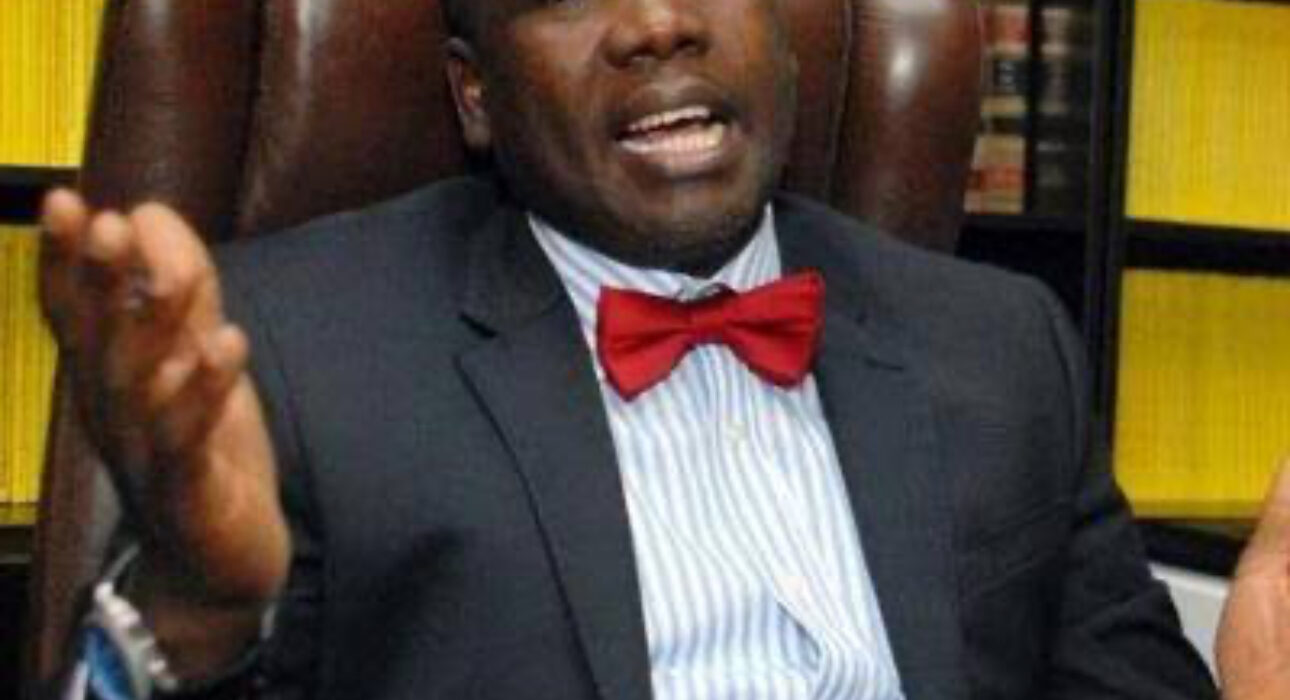Don’t Judge Tinubu by ‘Nigerians Are Hungry’ Rhetoric, Bwala Counters Atiku

The debate over Nigeria’s economic hardship deepened this week as Daniel Bwala, Special Adviser to President Bola Tinubu on Policy Communication, dismissed claims by former Vice President Atiku Abubakar that the government has failed to tackle hunger and poverty.
Atiku, through his media team, had argued that two years into Tinubu’s presidency, there was little to show in terms of easing hardship for ordinary Nigerians. He painted a grim picture of widespread food insecurity and warned that unchecked hunger could push the country toward unrest, citing historical crises such as the French and Russian revolutions, as well as the Arab Spring.
Bwala, however, faulted the former Vice President’s position, describing it as political rhetoric rather than a fair assessment of government performance.
Speaking in Abuja, he insisted that Tinubu’s administration should be evaluated on measurable outcomes and not on what he called “sensational headlines.”
He highlighted progress in areas such as foreign reserves, trade balance, and import reduction, arguing that the economy is on a more stable trajectory than critics admit.
He also pointed to welfare-related initiatives, including healthcare improvements and student loan programmes through the National Education Loan Fund (NELFUND), as examples of government efforts to ease the burden on citizens.
The Presidency has also dismissed Atiku’s warnings of potential unrest, describing them as exaggerated and misleading.
Presidential spokesman Bayo Onanuga maintained that while Nigerians are facing challenges, many of the problems stem from policies of past administrations, and Tinubu’s reforms are beginning to yield results.
The back-and-forth underscores the sharp divide in Nigeria’s political space, where the government emphasizes data and reforms, while opposition leaders highlight the day-to-day struggles of ordinary citizens.
Analysts note that while inflation and food prices remain high, the success of Tinubu’s welfare and economic policies will ultimately be judged by whether they bring tangible relief to households in the months ahead.









